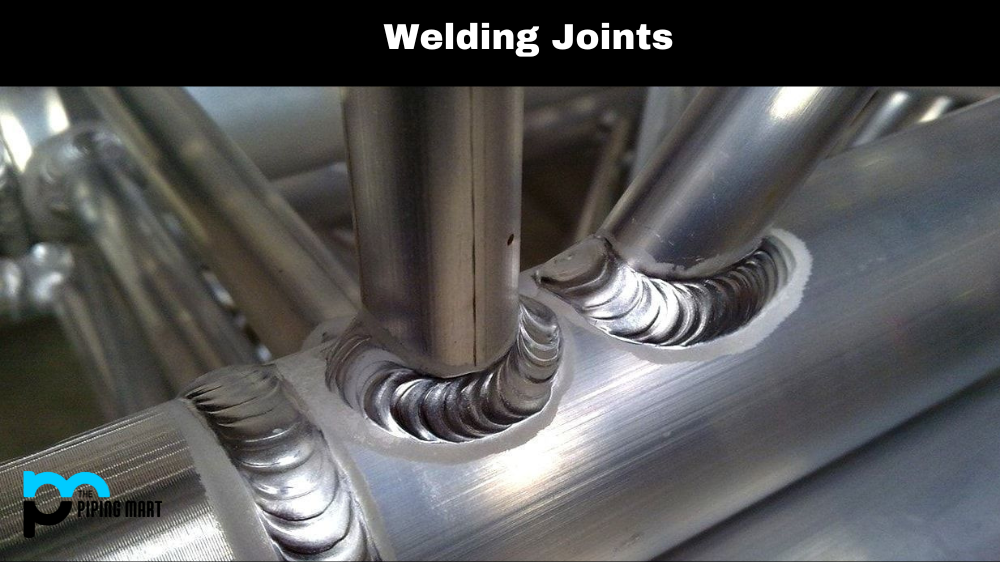Aluminium is an abundant metal with many uses in everyday life. One of its most important properties is its ability to conduct electricity — but how does aluminium compare to other metals when it comes to conducting electricity? Let’s explore the electrical conductivity of aluminum and what makes it unique.
What Is Aluminium and Why Is It So Popular?
Aluminium is a silvery-white metal that is lightweight, strong, and resistant to corrosion. For these reasons, it has a wide range of applications in modern life, from automobiles and aircraft to electronics and construction materials. But one of the most important properties of aluminium is its electrical conductivity.
How Does Aluminium Compare To Other Metals When It Comes To Conducting Electricity?
All metals are good conductors of electricity, but some are better than others. Copper has the highest electrical conductivity among all metals, followed by silver, gold, aluminum, iron, etc. Aluminum has about one-third the electrical conductivity of copper (59 percent IACS). This means that aluminum will generate more heat than copper for the same amount of power travelling through a conductor, which can lead to problems such as short circuits or equipment failure in certain situations. However, this also means that aluminum can handle higher currents more efficiently than copper, making it ideal for applications such as overhead power lines or electric motors where weight reduction is important.
Aluminum also has a lower resistivity than copper, which means it can carry higher voltages without the risk of arcing or sparking between components. This makes it perfect for high-voltage power transmission lines and other applications where insulation or resistance needs to be minimized. Additionally, aluminum has better thermal properties than other metals, so it can dissipate heat quickly making it suitable for electronic components such as heat sinks or circuit boards where heat dissipation is critical.
Conclusion
In summary, aluminium offers many advantages over other metals when it comes to electrical conductivity and resistance due to its lower resistivity and better thermal properties. Its lighter weight makes it an ideal choice for high-voltage power transmission lines as well as for high-current applications like electric motors or circuit boards where heat dissipation needs to be maximized. All in all, aluminum proves itself to be an excellent conductor of electricity!

Pipingmart is B2B portal specializes in industrial, metal and piping products. Also, share latest information and news related to products, materials and different types grades to help business dealing in this industry.




